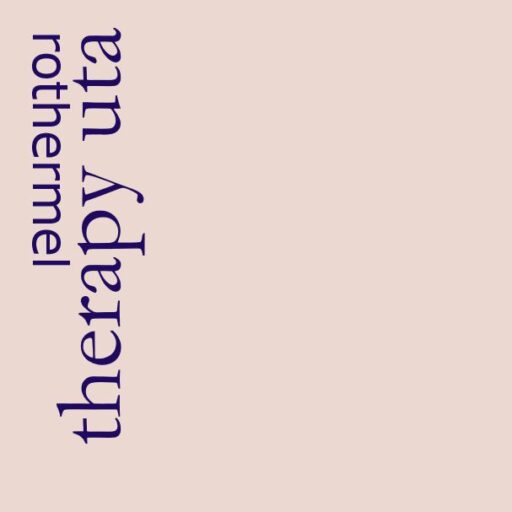
The difference between big and small life choices?
Small decisions potentially have huge impacts. Seemingly big decisions shrink to irrelevance in hindsight. So I’ve been wondering if there really is a difference between big and small choices. How can you tell the difference? I wanted to write about the difference between big and small decisions but wrote about decision making in general.
My assumption was – and still is – that there’s lots of room in interpreting the importance of a decision. Which study program to major in may seem like the most important decision of your life. In hindsight it seems irrelevant. You met the love of your life by coincidence. Now you found your true passion by reading a random book out of boredom. Taking an honest look at my life it was a result of impulses, context, and coincidences. In western societies, we tend to interpret this messy melange of factors by greatly overestimating individual control and underestimating context.
One of the results of this bias is bad decision-making, and let me tell you why:
- We feel responsible for every possible outcome of our choices, resulting in decision anxiety, fear of failure and stress
- We also feel responsible for our current well-being way beyond our actual influence, resulting in similar problems
- We overthink decisions, trying to rationally figure out something. But we’re overlooking what we already know at a deeper level
- We don’t trust in our surroundings enough. People who know us well will know what’s best for us before we do
- We underestimate the little things. Growing into the person we want to be really starts with the little things. Life is lived step by step
This list is not comprehensive but might show that life’s choices may be less daunting then they may seem.
Here’s what may happen if we embrace the thought of very little influence on our decisions and their impact:
- We may get brave about decisions. When we have a realistic idea of the impact our decisions have on our lives, it becomes easier to make bold decisions. Most of the time there’s much more to win than to lose, and most decisions are reversible enough.
- We get more optimistic for the same reasons
- We start asking around before deciding and trust that our gut and friends already know what’s best. The only one who doesn’t know yet is probably you
- We focus on the little things and see them as fabric of our identity and the prototype for bigger life choices. We test ideas; you don’t know if you want to be a teacher? Spend one day in a school, and a teacher’s room. You’ll get more information about if you fit there than you can ever process
- We seek fit: Find something that fits you, rather than something that matches some rational goal. You will know that what you are doing fits you, when you feel the way you want to feel day to day.
There might be no difference between big and small choices. That said, let me point out that this is one of my more personal and less well-researched articles. It’s mostly based on a bunch of books I read about Japanese culture and time I spent in Japan as well as my own experience and whatever I picked up on the way that folded into my perspective on the topic.
I’m looking forward to reading your comments and seeing what all of you have to say about the topic, and before long I may end up writing an article that’s backed up more strongly with research.



